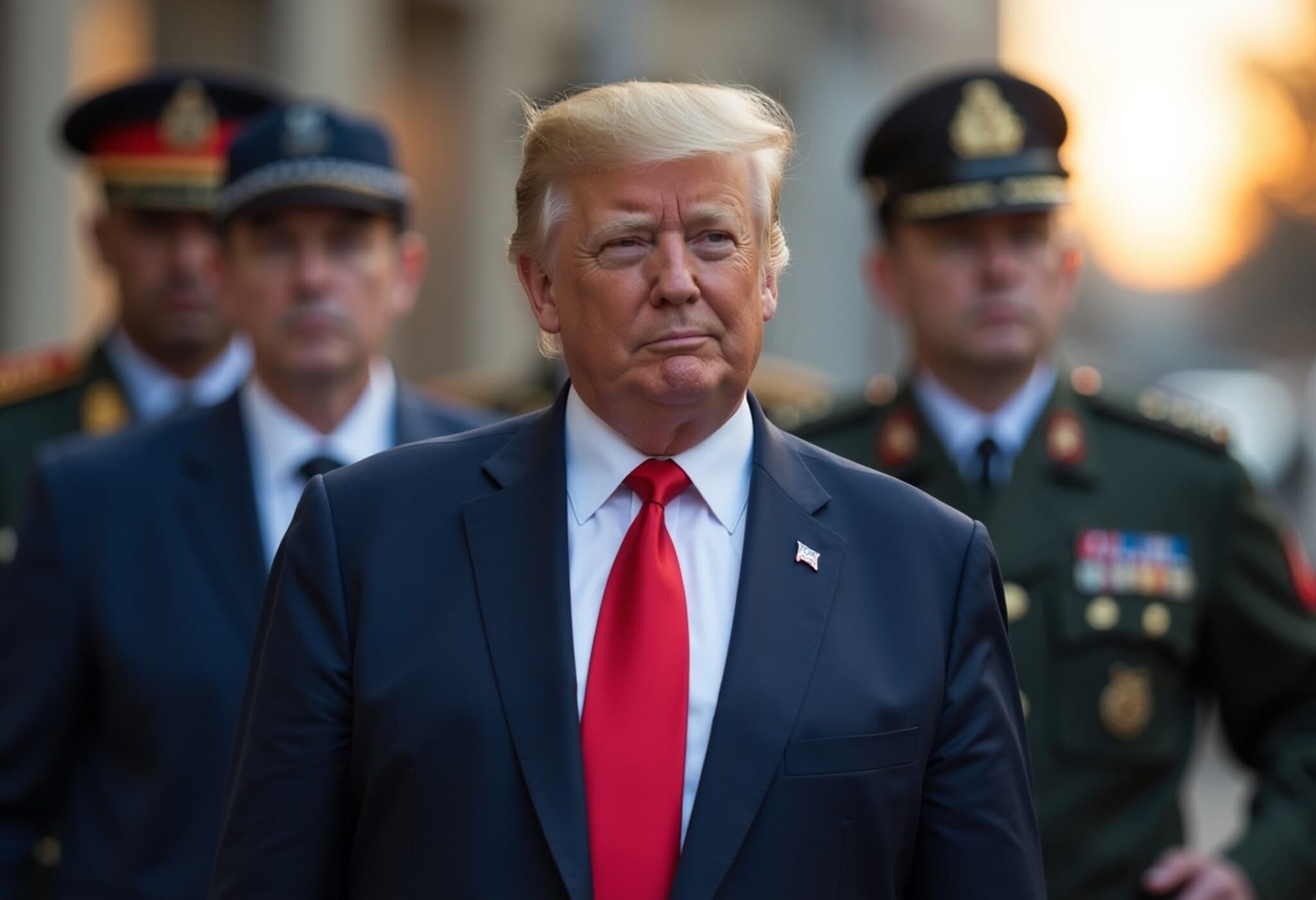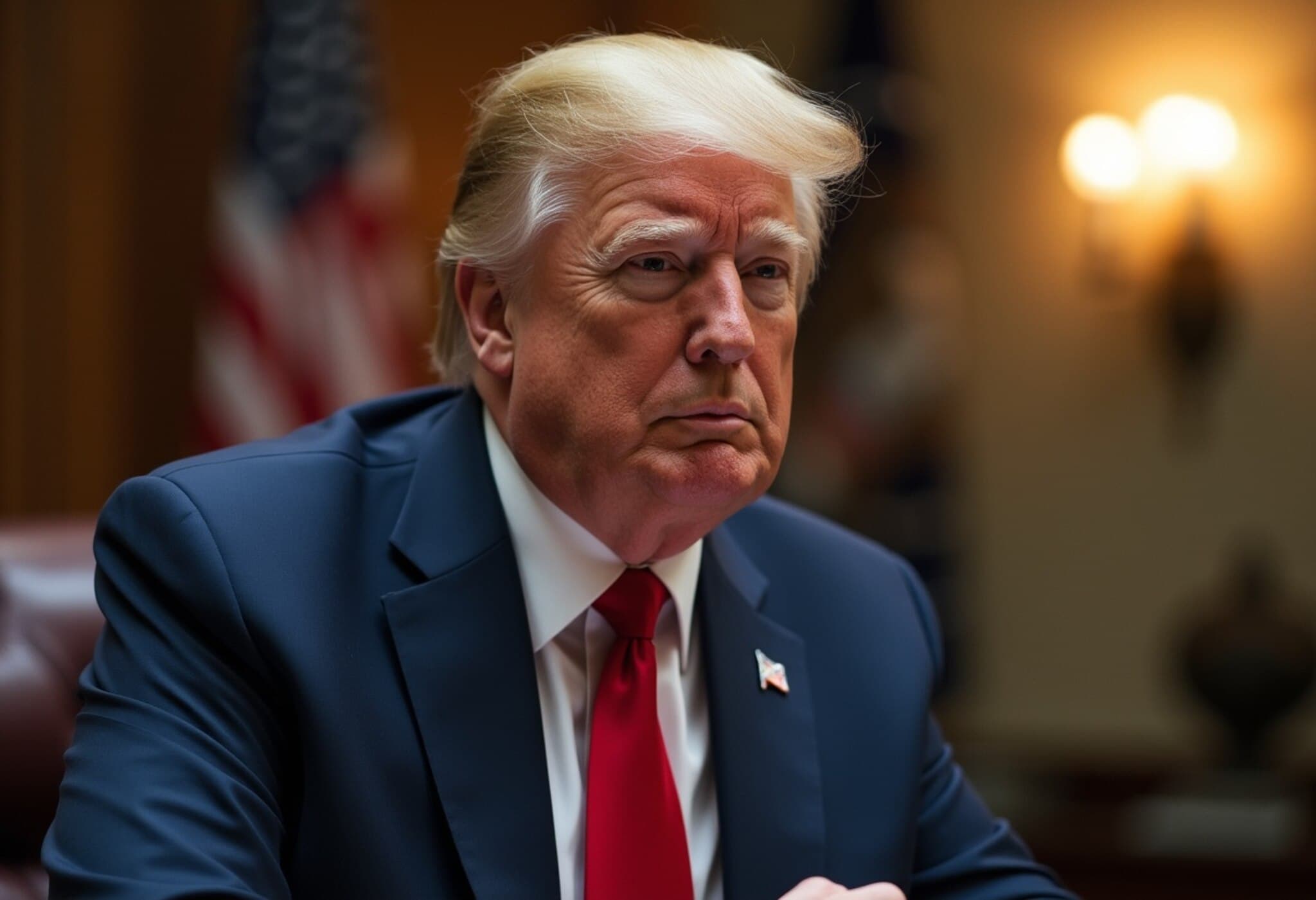UK Court Rejects Sikhs for Justice UK's Libel Suit Against Tory Peer
A recent ruling from the UK High Court has brought clarity to ongoing legal battles involving Conservative peer Rami Ranger and the Sikh separatist group Sikhs for Justice (SFJ). While the court dismissed the libel case brought by the UK branch of SFJ, it has allowed a similar defamation claim by the group’s US-based leader, Gurpatwant Singh Pannun, to proceed.
Background of the Case
The libel claim, valued at around £500,000 (₹5.8 crore), stems from comments made by Lord Ranger in a 2021 interview published on November 30. The article, titled “Lord Ranger questions faith, funding of Sikh separatist leader,” and a related tweet, accused SFJ and Pannun of receiving financial backing from India’s adversaries and falsely alleging atrocities in Punjab to collect money from gurdwaras.
Rami Ranger, who leads the British Sikh Association, specifically accused SFJ and its leader of spreading misleading claims and being funded by external enemies of India. Notably, Pannun has been labeled a terrorist by Indian authorities and operates out of New York.
Judge's Insight: Separating SFJ UK from its US Counterpart
Justice Jay characterized the dispute as a “storm in a teacup”, emphasizing that the article only targeted the US-based faction of SFJ, not the UK branch. Consequently, he dismissed SFJ UK’s libel claim outright, stating there was no reasonable basis for readers to connect the UK entity with the accusations.
Regarding the phrase “enemies of India,” the judge acknowledged the longstanding hostility between India and Pakistan but clarified that the article did not explicitly mention the ISI (Pakistan’s intelligence agency) nor label the individuals as agents of any foreign power. Furthermore, he noted that even if SFJ were funded by Pakistan, it would not inherently amount to defamation.
What Happens Next?
- The libel suit by Gurpatwant Singh Pannun, the US-based SFJ leader, will move forward, allowing the court to examine claims against Lord Ranger separately.
- The UK branch's case has been definitively dismissed, underscoring the importance of distinguishing between related but legally separate entities in defamation claims.
This ruling highlights the complexities involved in defamation cases where international political and separatist issues intersect with reputation and freedom of expression.

















